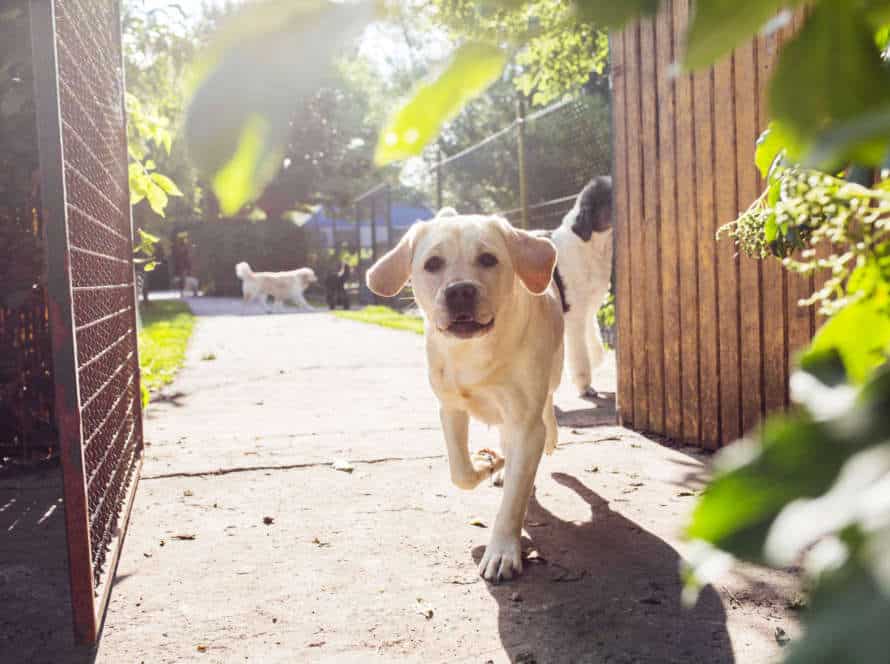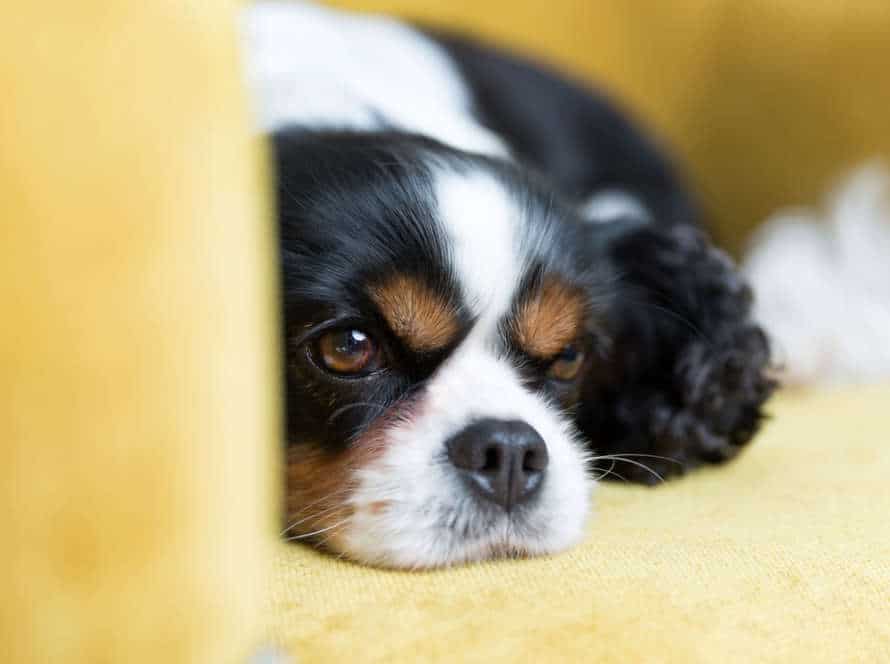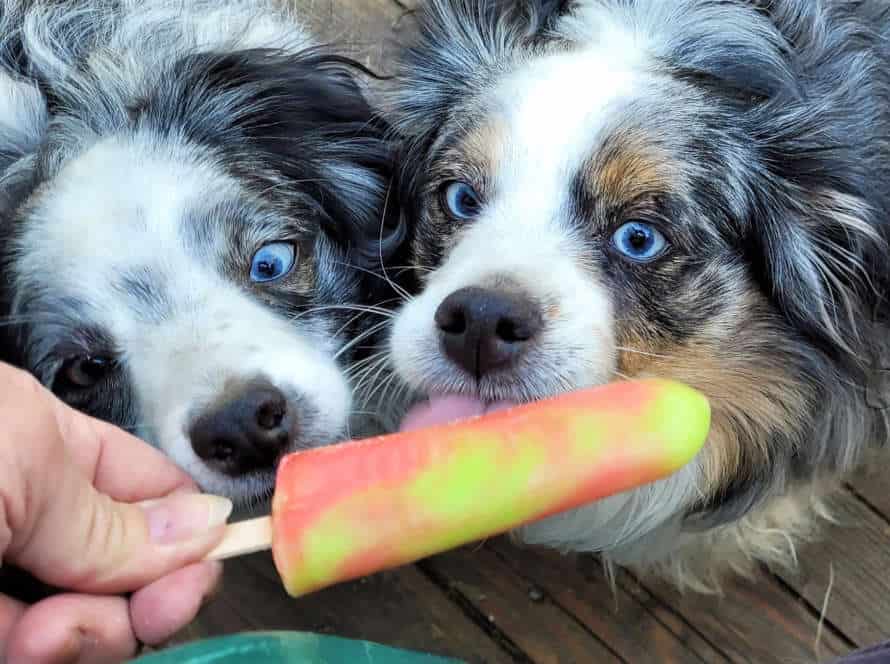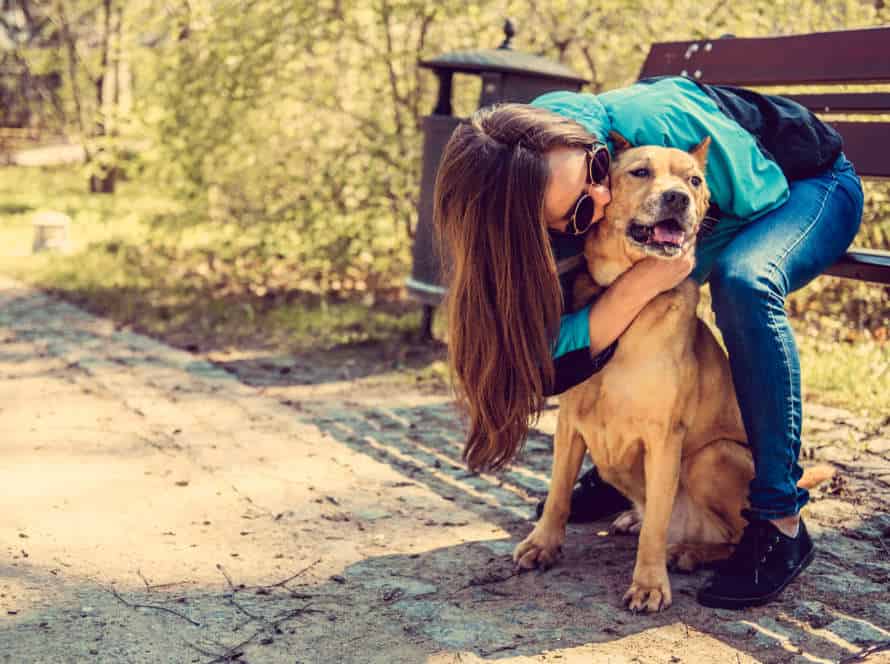Puppy Playdates: Dos and Don’ts for Success
Puppy playdates can be great for socializing your pup! But, there are some dos and don’ts to keep in mind.
Dos:
- Check your pup’s vaccinations & health.
- Start with one-on-one playdates.
- Bring toys & treats.
- Pay close attention & intervene if needed.
- End the playdate if your pup is overwhelmed.
Don’ts:
- Don’t force interaction if your pup is scared.
- Don’t bring them if they’re sick.
- Don’t leave them unsupervised.
- Don’t punish negative behavior.
- Don’t overstimulate with too many toys/treats.
Pro Tip: Puppy playdates are great. Keep an eye on the pups & be ready to intervene if needed. Use patience & positive reinforcement for a successful experience!
Dos for Puppy Playdates
Puppy playdates? Let’s do it! To ensure the best time, here are some do’s to keep in mind.
- Puppies need to hang with other pups to learn right behaviour and socialize.
- Firstly, introduce them properly.
- Secondly, make sure all puppies have had vaccinations.
Now, let’s get the party started!
Choose a safe and secure location
Before inviting other puppies to your pup’s playdate, pick a safe and secure location to protect them. Here’s how:
- Think of the size and number of guests. Make sure the area is big enough to fit everyone.
- Fence the area so no pup can wander away.
- Remove any hazardous objects or plants that could cause harm.
- Provide a water bowl and toys to keep them hydrated and active.
- Keep the noise level low so excessive barking and screaming won’t distract their safety.
Following these tips will make the playdate a success for all!
Make sure all puppies are vaccinated
Vaccination is essential before planning a pup playdate. It protects against diseases like parvovirus and distemper, which can cause severe issues or death.
To ensure all puppies at the playdate are vaccinated:
- Ask for records from each owner.
- Ensure they’re up-to-date on core vaccinations.
- Do not allow unvaccinated puppies to attend.
Regular vaccinations are necessary and required by law. Follow these steps before your next pup playdate.
Keep playtime brief and supervise constantly
Puppy playdates need special care! Remember to keep them short and supervised. Here are some tips:
- Limit playtime to 30 minutes max.
- Intervene if the play gets too rough.
- Provide toys and treats to keep puppies busy.
- Supervise all the time.
- Finish with rewards and praise.
Don’ts for Puppy Playdates
Puppy playdates are fun! But, you should know a few things before you bring your pup. Here’s what not to do:
- Don’t introduce too many puppies at once.
- Don’t bring the wrong kind of toys.
This way, your pup can have a paw-sitive experience!
Don’t invite too many puppies
When organizing a puppy playdate, it is essential not to invite too many puppies. Too much dogs in one place can cause chaos and put the puppies in danger. Instead, keep the list of guests small and controllable. Here are some other tips to remember:
- Do not make your puppy join if they don’t feel like it.
- Do not accept aggressive or dominant behaviour from any dog.
- Do not leave the puppies on their own, not even for a few minutes.
- Do not forget to have enough water and toys for the pups to play with.
Heeding these pointers will guarantee a pleasant and secure playdate for the puppies.
Don’t force puppies to interact
When it comes to puppy playdates, an important ‘don’t’ is to never force your pup to meet with other pooches.
Pups – like people – have their own personalities and temperaments. Some can be outgoing and social, others shy and timid. Forcing interaction can give negative feelings and worsen anxiety or fearfulness.
Instead of forcing it, observe your puppy. Let them sniff and get involved in play in their own way. With positive experiences, your pup will become more confident and may even start playing without you having to do anything.
A tip: Always watch puppy playdates. Intervene if there’s rough play or aggression.
Don’t ignore aggressive behavior
Puppy playdates are a great way to teach them social behavior. But, aggressive behavior should not be ignored. If left unchecked, it can lead to long-term problems.
Look out for signs of aggression. These include:
- Growling, snarling or snapping
- Biting or nipping at other puppies or people
- Stiff body posture, raised hackles or dilated pupils
If you spot any of these, intervene and redirect the puppy’s behavior. You can do this by distracting them with a toy or treat. Or, separate them from the other puppies temporarily. Or, seek help from a professional trainer or behaviorist. Ignoring aggression can cause injuries or long-term behavioral issues.
Preparing for Puppy Playdates
Puppy playdates are fab for bonding with your pup and getting them socialized. Plus, they have oodles of fun playing with other pups! But, there are some must-dos and must-not-dos to make sure the playdate goes smoothly. This article has the answers!
Socialize your puppy beforehand
For a successful and fun puppy playdate, socializing your puppy is essential. Create a controlled and positive atmosphere by introducing your pup to other people and dogs. Here are some tips:
- Start socializing early – before 16 weeks.
- Expose your puppy to different types of people – children, men, women, old, young, different races & sizes.
- Give your pup experiences in various environments – parks, pet shops, busy streets.
- Reward good behavior with treats & compliments.
For successful puppy playdates, here are the do’s & don’ts:
- Do – supervise & check the size and age of playmates.
- Don’t – force puppy to play if they’re anxious, or let play get too rough.
By following these guidelines, you can ensure your puppy’s playdates are safe, enjoyable, and beneficial to their social growth.
Communicate with other puppy parents
When organizing puppy playdates, it’s important to talk with other puppy parents. Here are some things to do and not do for success:
DO:
- Share details on your puppies, such as breed, age, and personality.
- Talk about any medical issues or behavior problems.
- Decide on a place, time, and length for the playdate.
- Make sure all puppies have current vaccinations.
- Observe the playdate carefully. Stop rough or aggressive play.
- Give your pup praise and treats for good play.
DON’T:
- Bring an unvaccinated or ill pup.
- Have too many puppies in the same space.
- Let them play for too long without breaks.
- Ignore rough or aggressive play.
- Leave the puppies unmonitored.
Pro Tip: Always have a first-aid kit and vet contact info, in case of an emergency.
Bring treats and water for your puppy
When setting up a puppy playdate, don’t forget to bring treats and water. These are important for your pup’s comfort, and also to prevent overheating and dehydration. Here are some dos and don’ts for success:
- Do:
- Pick a safe, neutral place.
- Keep an eye on the puppies to make sure they’re playing nicely, not too rough.
- Bring your pup’s favorite toys and snacks to share.
- Don’t:
- Make your pup interact with other dogs if they seem scared.
- Let the puppies play with anything that could be dangerous or cause choking.
- Ignore signs of aggression or bullying.
Pro Tip: Socializing is really important for your pup’s welfare. The first few playdates should be in a controlled environment with puppies of similar age and size.
Health Considerations for Puppy Playdates
Puppy playdates? Great! But, think of the health implications. Playdates are a good way for pups to socialize. They can meet other pooches in a safe and organized place. But, there are health considerations. Let’s look at them.
Understanding Puppy Body Language
Interpreting puppy body language is essential for any pup parent or enthusiast. Here are some cues to keep an eye on:
- Tail wagging: The speed and direction of tail-wagging can mean various things. A slow and low wag can be a sign of friendliness, while a fast and high wag can indicate aggression or stress.
- Ears: Upright ears usually suggest alertness, while flattened ears mean submission or fear.
- Eyes: Relaxed pooches have soft, half-open eyes, while aggressive dogs may have wide-open eyes with enlarged pupils.
- Body posture: A calm pup has a loose body stance with a wagging tail, while an anxious pup appears stiff and still.
By being aware of these body signs, you can better understand your pup and keep them secure in social circumstances like puppy playdates. Don’t forget to adhere to health specifications such as making sure your pup is vaccinated and regularly treated for parasites, and watch over playtime.
Pro tip: Early socialization is essential for pups to develop good social skills. So don’t hesitate to arrange some playdates to help them learn and grow.
How to Clean Up After Puppy Accidents
Cleaning up puppy accidents is hard, but it’s vital to keep your home smell-free and hygienic. Here are the steps:
- Dig out all solid waste with a plastic bag or scoop – get it all!
- Then, use an enzymatic cleaner to clean the area. Don’t use ammonia-based products – they make the smell worse.
- Finally, use a towel or paper towels to blot up the moisture.
Pro Tip: Schedule feedings and walks for your pup. Limit their access to certain areas until trained. Crate train if possible. Supervise playdates and make sure all dogs are vaccinated.
Oral health tips for Puppies
Oral health is very important for your pup’s well-being. Here are some tips to keep their teeth nice and clean:
- Brush their teeth with a soft-bristled toothbrush & puppy-friendly toothpaste.
- Provide chew toys and treats designed to reduce plaque & tartar buildup.
- Avoid feeding your pup human food – especially sugary and starchy ones.
- Monitor their dental health and go for regular checkups at the vet.
By following these tips, you can reduce the risk of dental issues and ensure good oral hygiene for your pup throughout their life.
Puppy Playdates and Training
Puppy playdates are awesome! It’s a great way for your pup to socialize. To make sure it’s successful and fun, there are a few dos and don’ts. Let’s cover the basics. Safety and fun for your pup and its playmates should be the goal.
Teaching Your Puppy Basic Commands before Playdates
Before playdates, train your puppy basic commands. This ensures a safe and successful interaction with other dogs. Start with:
- “Sit”: Give treats and praise when your pup sits on command.
- “Stay”: After they’ve mastered sitting, teach them to stay in one spot for short periods. Increase the duration gradually.
- “Come”: Use treats/praise to encourage your pup to come when called.
- “Leave it”: This command is important to prevent chasing other animals or eating dangerous things.
Practice these commands in different situations and with distractions.
Pro Tip: Always watch your pup during playdates. Intervene if necessary to avoid aggressive behaviour or injuries.
Using Positive Reinforcement During Puppy Playdates
Positive reinforcement can help puppies learn good behavior and social skills during playdates. Here’s how to use it:
- Reward good behavior. Give treats or toys, or praise your pup when they act well.
- Redirect negative behavior. If growling or biting, give them a toy or treat and encourage them to play nicely.
- Use positive cues. Say “good boy/girl” or “yes” when your pup behaves. This will reinforce good behavior.
Positive reinforcement during playdates helps puppies develop social skills that’ll stay with them for life.
Common Training Issues during Puppy Playdates
Puppy playdates are great for socializing your pup and teaching them healthy social skills. But, they can also be tricky. Here are some typical issues that may arise and how to handle them:
- Biting and nipping: Puppies enjoy roughhousing, however, biting is not okay. Say “no bite” firmly and consistently. Offer a toy or treat as an alternative.
- Over-excitement: Puppies can easily get overstimulated, leading to behaviors like barking, running around in circles, and jumping. Use positive reinforcement to help them relax and encourage good conduct.
- Resource guarding: Puppies may guard their toys or treats. Keep an eye on them and take away anything that triggers this reaction.
Dealing with these issues correctly will guarantee a pleasant and successful puppy playdate!
Frequently Asked Questions
1. Can puppies attend playdates before they have completed their vaccination series?
Absolutely not. Puppies should never attend playdates or socialize with other dogs until they have completed their vaccination series, which typically happens around 16 weeks of age. This is to protect them from potential exposure to harmful diseases like parvovirus and distemper.
2. Should I bring my puppy’s favorite toys to a playdate?
It’s always a good idea to bring some of your puppy’s favorite toys to a playdate. This will not only keep your puppy entertained, but it can also help prevent any disagreements between the dogs if they all have their own toys to play with.
3. What should I do if my puppy is being bullied or overwhelmed during a playdate?
If your puppy is being bullied or overwhelmed during a playdate, it’s important to intervene and remove your puppy from the situation. It’s also a good idea to speak to the other owners and discuss the behavior of their dogs to ensure everyone is on the same page about appropriate play and interactions.
4. Can aggressive puppies attend playdates?
No, aggressive puppies should never attend playdates. This can put other puppies and their owners at risk of injury and can also worsen the aggressive behavior in the aggressive puppy.
5. Should I bring snacks or treats to a playdate?
It’s a good idea to bring some snacks or treats to a playdate to reward good behavior and help with training. However, make sure to check with the other owners beforehand to ensure there are no dietary restrictions or allergies.
6. How long should a puppy playdate last?
A puppy playdate should last no more than one to two hours to prevent overexertion and exhaustion. It’s important to monitor your puppy’s behavior and energy levels during the playdate and to take breaks as needed.







